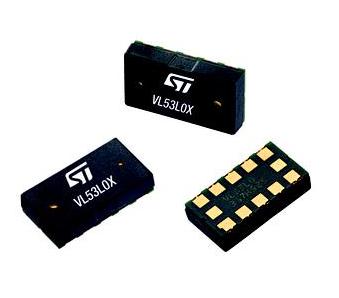

A brand new time-of-flight sensor ought to offer a approach to the trouble of balky, contact–free faucetsin public washrooms.
STMicroelectronics’ VL53LOX laser-ranging sensor makes use of time-of-flight (ToF) generation, in place ofreflectance, to measure the proximity of a hand, wall, or article of apparel. As a end result, it doesn’t base its conclusions on the lightness or darkness of a close-by item. “Our sensor doesn’t care approximately the reflectance of the target,” Herve Grotard, photonics sensor marketing manager for STMicroelectronics, toldlayout news. “It most effective cares about the time it takes for photons to return lower back to it. So it doesn’t rely whether or not the target is darkish or light. It operates the equal either manner.”
the brand new sensor represents a departure from infrared technology, which emits light and makes use of reflectance to degree proximity. “With conventional technology, in case you wear white, it will see a number of mild coming again and say, ‘this is a completely quick distance,’” Grotard stated. Such sensorsusually have difficulty with darkish colorations, however, he delivered.
The VL53LOX makes use of STMicro’s FlightSense era, widely known for its software in laser-assisted car–awareness cameras. the new sensor extends the ToF dimension to 2m and is said to be accurate insideabout ±three%. It measures distance in under 30 msec, eating about 20 mW in energetic range and drawing five µA in standby. The era is more luxurious than IR, however less costly than ultrasonic or triangulation-based totally sensors, Grotard informed us.
STMicroelectronics expects the VL53LOX for use in arms–free programs, such as faucets, cleaning soapdispensers, hand dryers, and flushers. it is able to additionally be carried out to gesture sensing and proximity packages, such as wall detection and cliff detection in robotic home equipment, inclusive ofvacuum cleaners and lawnmowers, as well as laptops, smartphones, drones, and internet of factors (IoT)devices.
in the long run, the generation’s longer measurement tiers ought to even allow its future generations for use in independent vehicles. “We’re talking to partners about it,” Grotard stated. “but those programsare farther out, due to the fact they need to be automobile grade.”





